Who said that handmade soap needs to be expensive? It is true that you can easily spend a few hundred in soap making supplies before you notice… But you don’t have to!! Learn how to avoid spending money with handmade soap and make cheap soap at home!
Table of Contents
In more difficult times, where saving in every way you can is important, you can make some cheap soap bars at home, while still having a natural, healthy washing product. Here are some tips:

Source your ingredients locally to make cheap soap
Maybe you are lucky enough to live in a farm, or near a local market. In this case, use the cheapest fat you can have acess to, be it olive oil, palm oil, lard, tallow, or coconut oil, to give some examples, and use it in your soap. These are all oils you can use 100% in your soap, as well as mixed with others. You may also be a beekeeper, have a garden or own a few dairy animals.
Well, use those ingredients you get very cheap to enrich your soap: honey, beeswax, goat milk, herbs, spices, flowers. They are all ingredients you can use in soap making and that will improve your soap properties and looks. You will have great natural handmade soap, made with ingredients you have easy access to.
In any case, always prefer local handmade products, they are usually cheaper and of good quality. Always check out your local market before going to Amazon to purchase your oils and other ingredients.
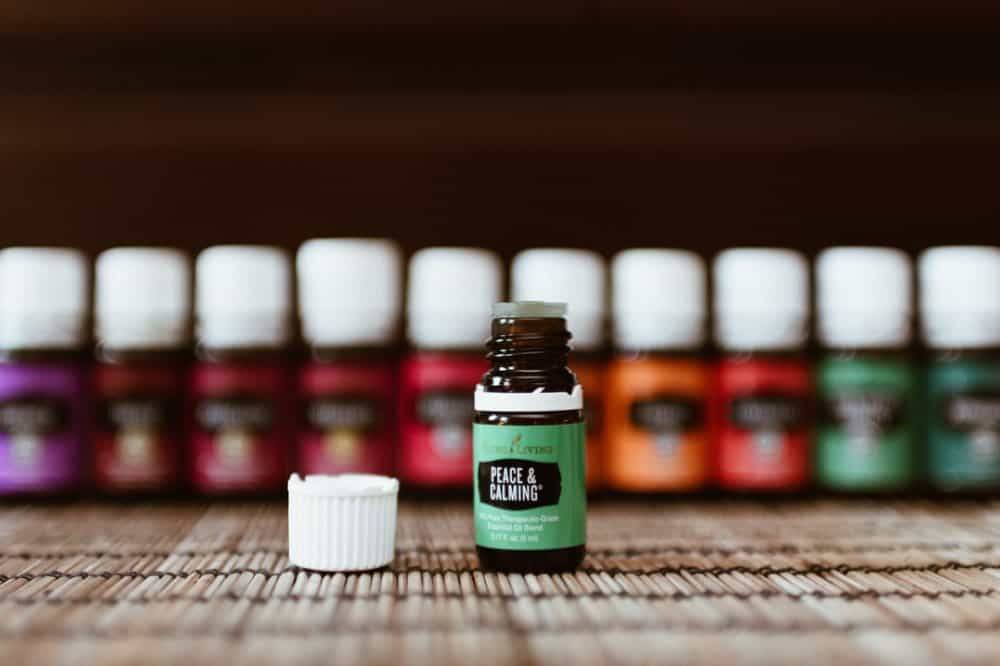
You don’t need to use essential oils for scent
In fact, you don’t need to put any scent in your soap at all. Scent addition is only because we are used to fragrant washing products, and a nice scent is always pleasant. Essential oils are expensive and without surprise is the most expensive ingredient used in natural soaps.
There are some ingredients that add a natural fragrance to soap, like olive oil, honey or beeswax. Natural unscented soap also has a very slight but “clean” scent, that I find pleasant as well.
Anyway, if you’re bent on using essential oils in your soap, check out Best Essential Oils for Soap Making to know how to best purchase essential oils for your needs.
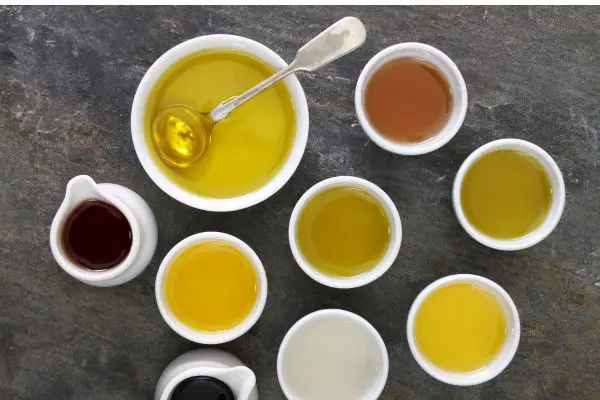
You don’t need to use organic oils to make your soap
Conventional oils will still create a great bar of soap. Just be sure that they are of good quality – and fresh. Remember that the quality of your soap depends on the quality of the oils. Fresh, pure, cold pressed oils, for example, are almost perfect oils for soap making. They don’t necessarily need to be organic.
Preferably, go for handmade and local products. Not only they are usually good quality, they are also cheaper.
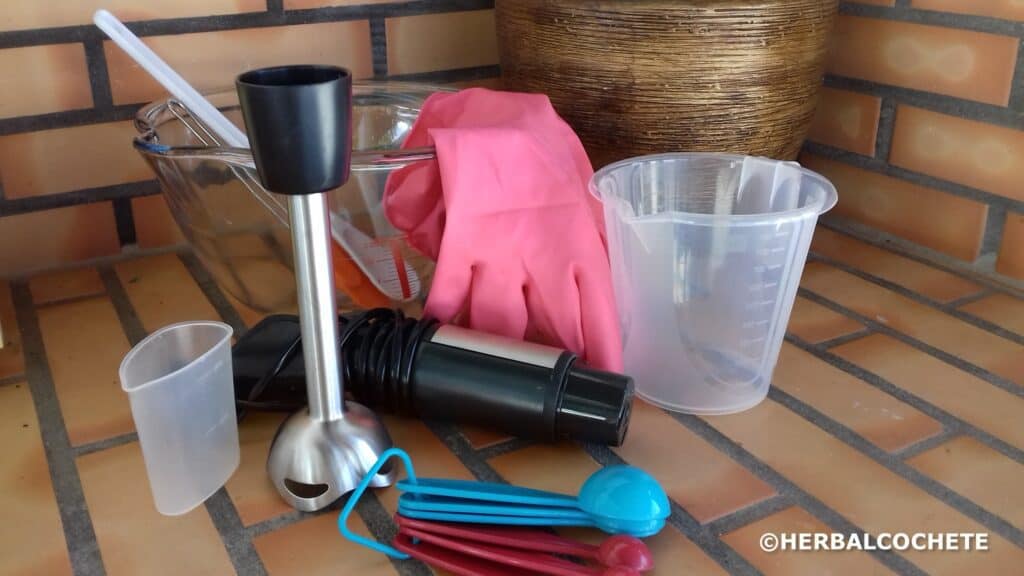
You don’t need to buy expensive equipment
The most wonderful thing about soap making is that you can make it at home with kitchenware!! Even the molds, can be silicone ones for cakes! Cutting soap can be tricky without a soap cutter, but if you don’t mind “rustic cut” soap, you can do with with a large knife.
In summary, you will need pyrex or stainless steel bowls, cups and pitchers, silicone spatulas and spoons, a digital scale, an immersion blender, a kitchen thermometer, and silicone molds. Check out first what you have or can improvise in the kitchen before shopping equipment specifically for soap making. Where To Buy Soap Making Equipment and Soap Making Suppliers Near Me will guide you with the equipment you will need to start making soap at home.
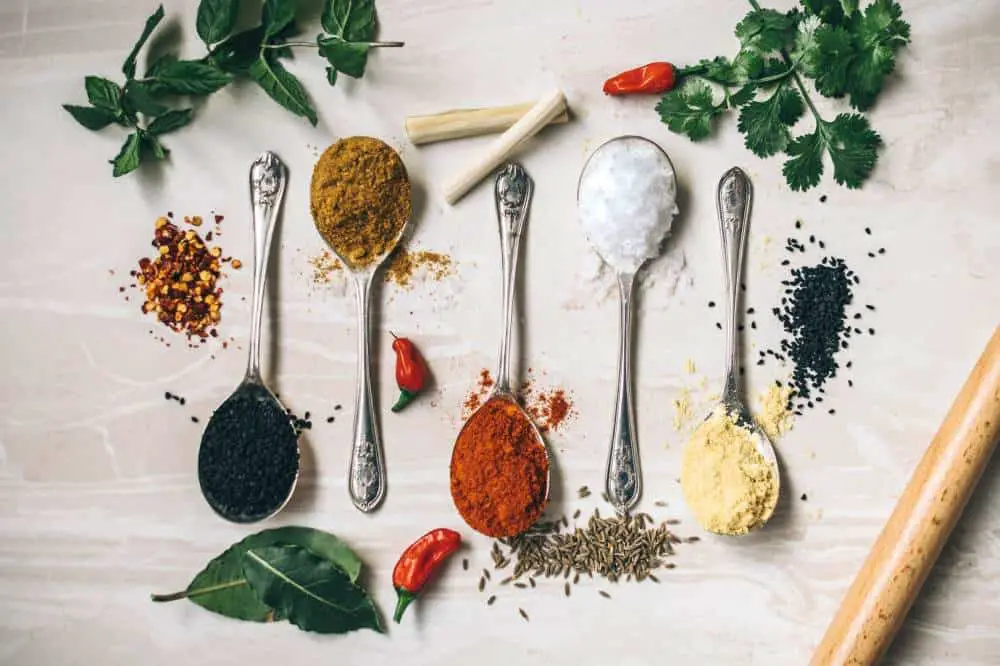
You don’t have to purchase colorants for your soap.
There are a lot of kitchen ingredients that work as natural colorants, like herbs, spices, or some vegetables. Most of them tend to fade with time, but some are pretty stable, like using red palm oil or activated charcoal.
They are cheaper and will make your soap more interesting and natural. You can also leave your soap with its natural color provided by the oils used. Most likely it will just turn white or very light cream after cure. It’s not that bad, is it? Learn all about How To Color Soap With Kitchen Ingredients about my personal experience with kitchen colorants and also this great post from Lovely Greens website.
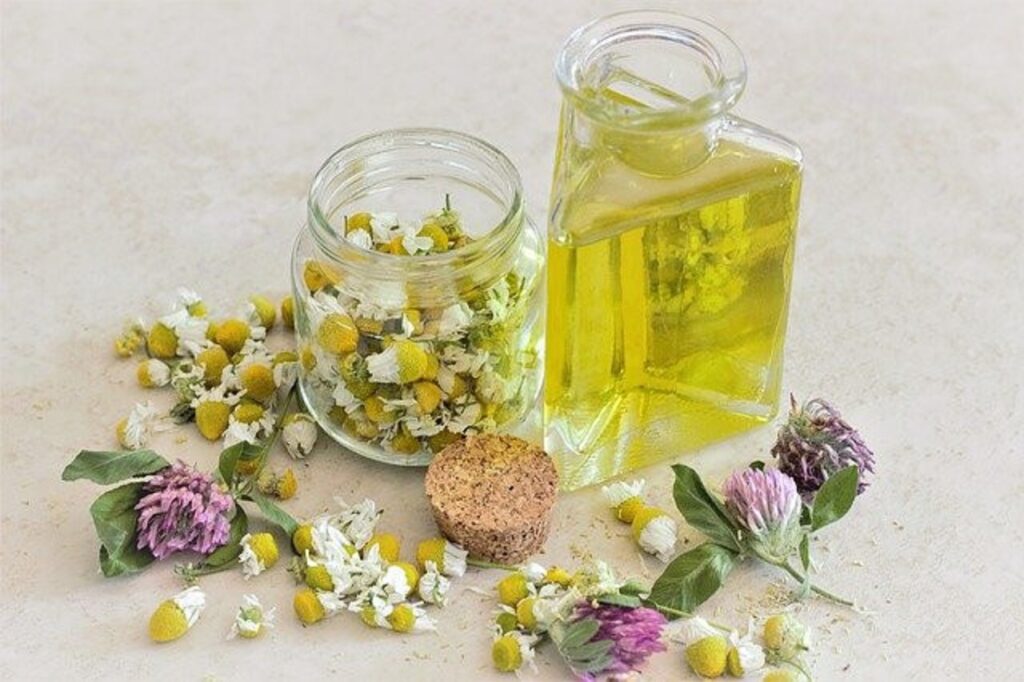
Make single-oil soap
If you check out the Soap Recipes for Beginners category in this blog, you will see that most beginners’ soap recipe are one-oil soaps. I was a bit annoyed when starting to learn about soap making that most recipes on the net would use 4 or 5 different (and sometimes expensive) oils.
You don’t have to! Some oils make pretty good soap only by themselves, and you can then purchase one oil in bulk (around 1 Kg, or 2 lb, will make 12 bars of soap) and make many bars with it by a cheap price. 100% olive oil soap also known as castille soap, is one of the mildest soaps you can use, so it’s even advisable for people with sensitive skin or skin conditions, children and babies. You will be saving money AND providing your family with a bathing product fit for everyone!
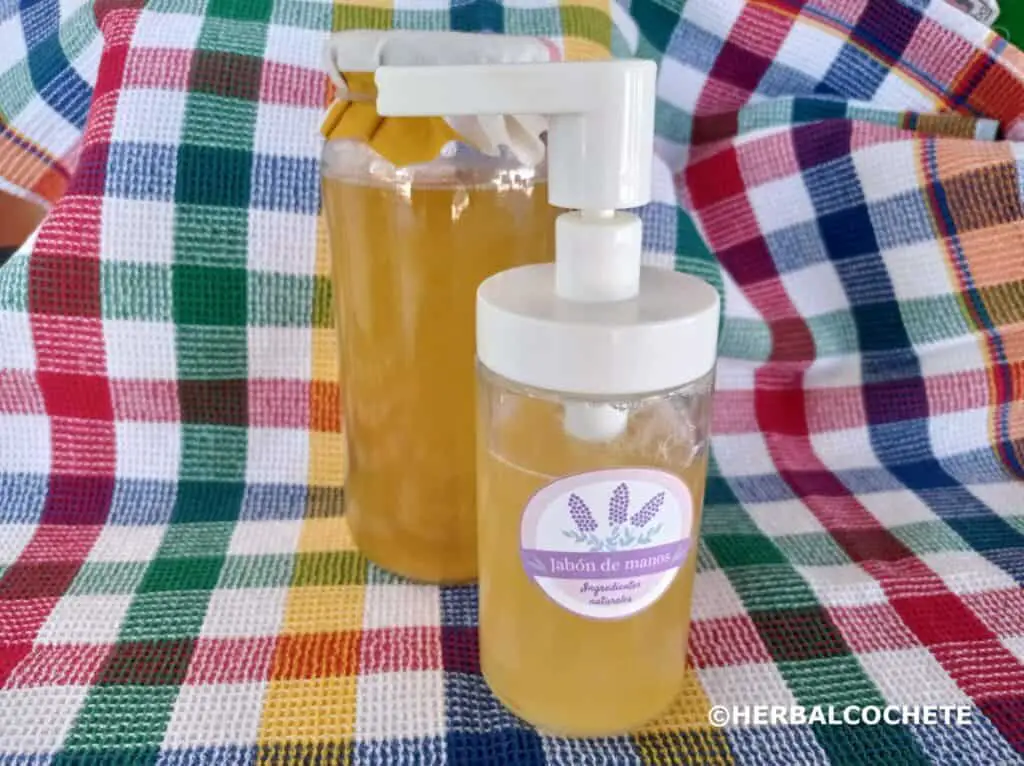
Make liquid soap
For some reason, liquid soap is very cost-effective. Maybe it’s because is mostly made of water. You can make liquid soap from a natural soap bar. However, liquid soap from the scratch is equally economical and a safer product in terms of germs (but you need to use lye… Oh, always the balance between pros and cons).
To save money, choose a cheap local oil and use a dilution of 1:4. You can make around 2.5 lt of soap with only 500g of oil.
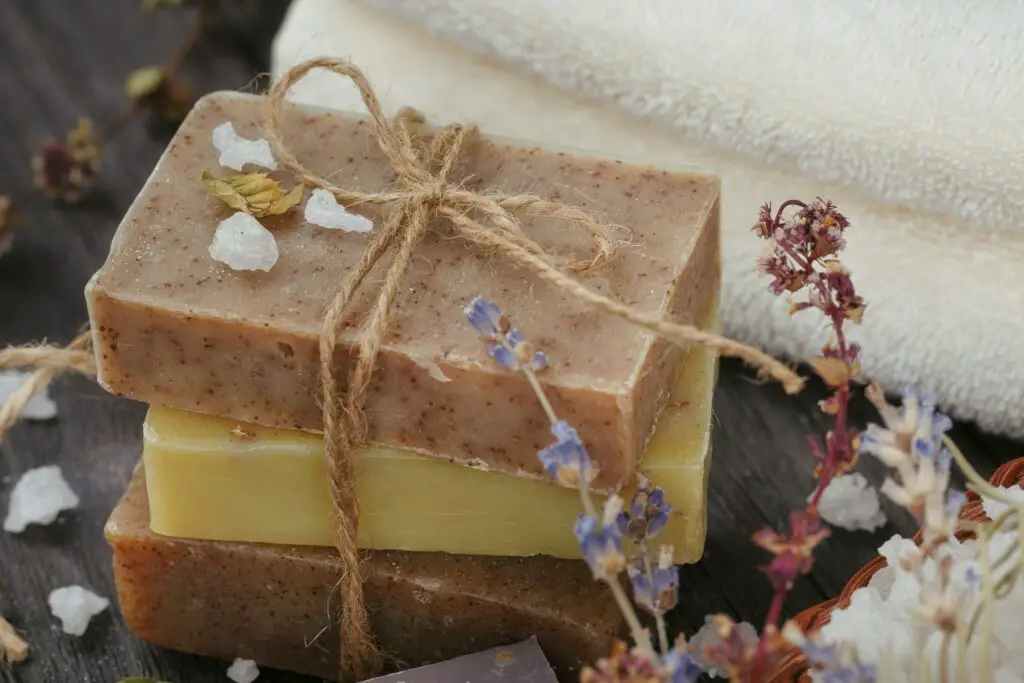
How to use natural soap bars
One thing you will immediately find out about natural handmade soaps, is that they don’t last months! They dissolve very easily in water (I’ve seen a soap dissapear to half its size just by being inside a bathtub with water for 10-15 minutes…) and they usually last less than 1 month.
If you want to save a bit on your soap usage, follow the recommendations in How Do You Use Handmade Soap?
From my personal experience, I do use my cold process soap under hot running water, and I love to lather myself like that. I use a soap saver bag to help increase the lather. I keep it in a high place in the shower, in a tray with a lot of air ventilation or hanging inside the soap saver bag, and it’s normally dry. My 90g soap lasts from 3 weeks to 1 month, roughly.
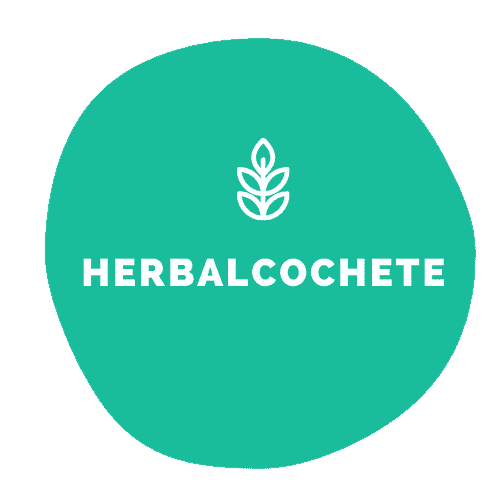
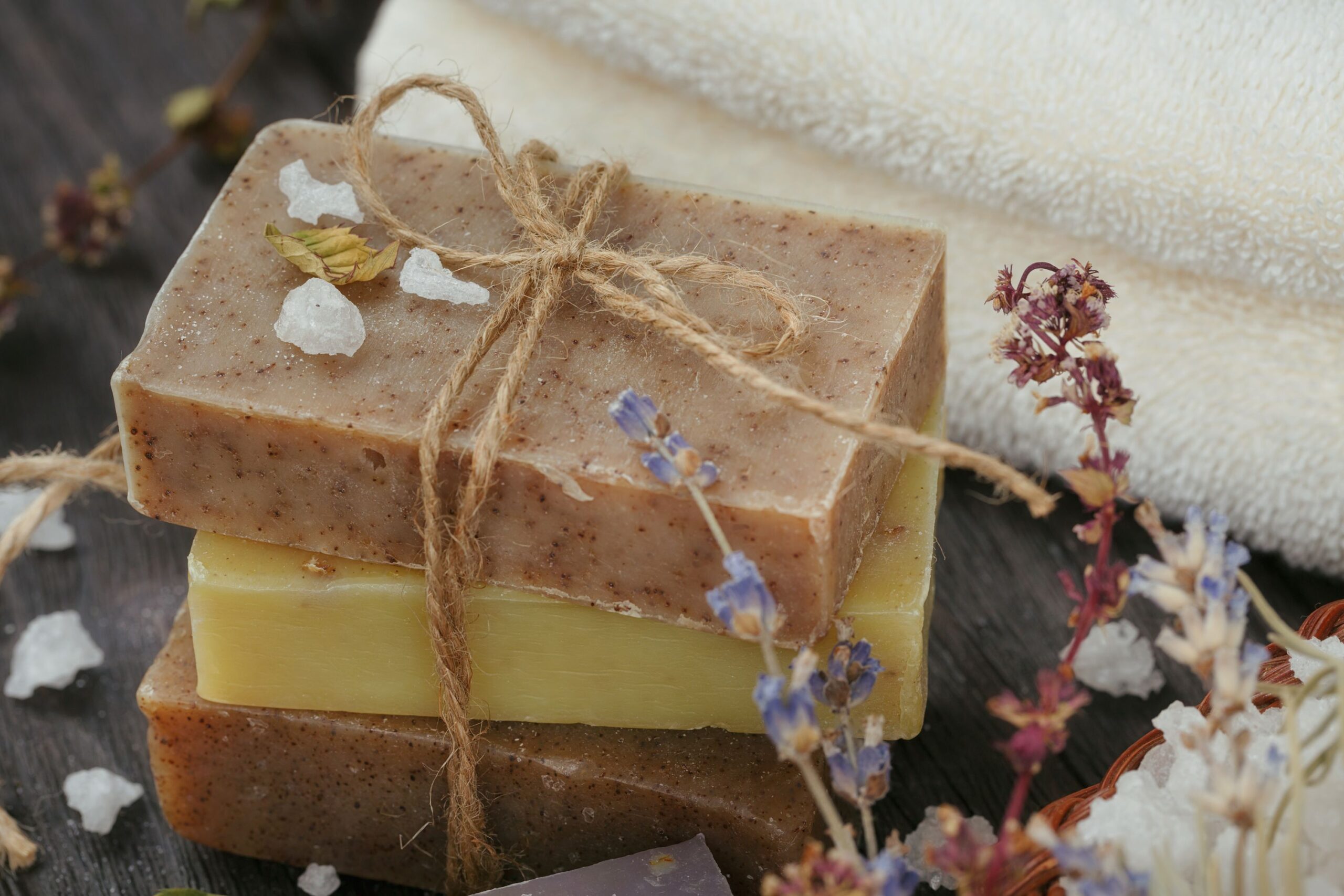

Wow it’s good to know that I can make my own soap from home! With these uncertain times and with inflation hitting more and more every day, I am always on the lookout for ways to save money in the long run. From your choices, I like the sound of the melt and pour method. It’s good to know that you don’t necessarily need essential oils, and I like the sound of using honey. I’m looking forward to trying out some of these great ideas, thanks!
Hello Pentrental and thanks for your comment!
I am glad you liked the idea of making soap at home! It is indeed a way to save some money and most important to feel more empowered and less dependent. If you’re choosing to do melt and pour and purchase soap base, just try to choose a relatively good and low-chemical soap base: run away from SLS and stuff like that (see my post Commercial Soap Ingredients to know what are the most allergenic substances).
To be honest, it is really when you start to make creams and other cosmetics at home that you see the big economical difference. With the ingredients I source in Portugal, I can make 200 ml of body lotion or 50 ml of facial lotion for 3€-5€ (that’s $3,6 – $6) when creams for perfumery stores are easily 30€ or more!
I’ll be posting lotions and creams soon, as well as haircare products.
If you wish to receive firsthand the latest posts, please, subscribe to HerbAlcochete mailing list.
Cheers,
Sofia
Great ideas on How To Make Soap For Beginners. Years ago, when I was still actively working with one NGO, we organized soap making workshops. Otherwise, I no longer remember all the ingredients we used and the procedure (we had one great mentor who did the workshop), but I think we made soap bars with different flowers (marigold flowers, rose leaves). And after using this soap, I had a full of these flowers in the water. Now you have recalled this memory to me with this article.
I see in your article that you have described very extensively what types of soaps we can all make, with what ingredients and in what way. Great! Maybe this time I’ll try making homemade liquid soap. Thanks!
Friendly greeting,
Nina
Hello Nina,
Thanks for sharing your experience with soapmaking, sounds really nice, and filled with good memories. Or at least I hope that flowers falling in the water while your washed with that soap is a good memory and not an annoyance 🙂
I personally prefer soap without any bits of flowers or plants falling in the bathtub (and still, I made a lot of those soaps as they are fun to make 🙂 ).
Anyway, I couldn’t stop noticing how soapmaking was connected with your work at a NGO institution, which only proves that soapmaking is a useful, sustainable and very economical activity 🙂 still, no need to make soap with flower bits on it 😉
Cheers,
Sofia